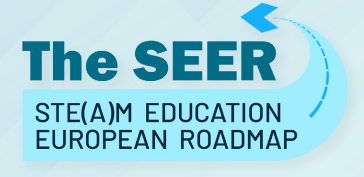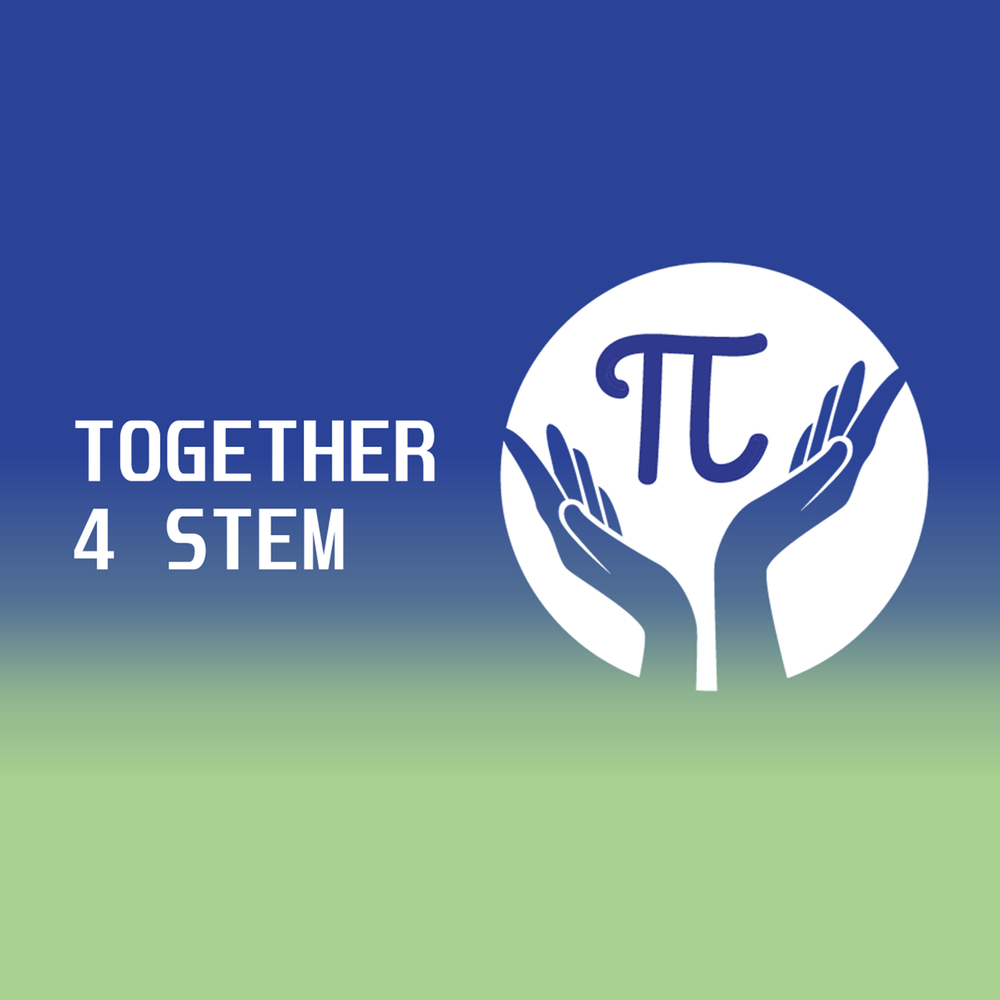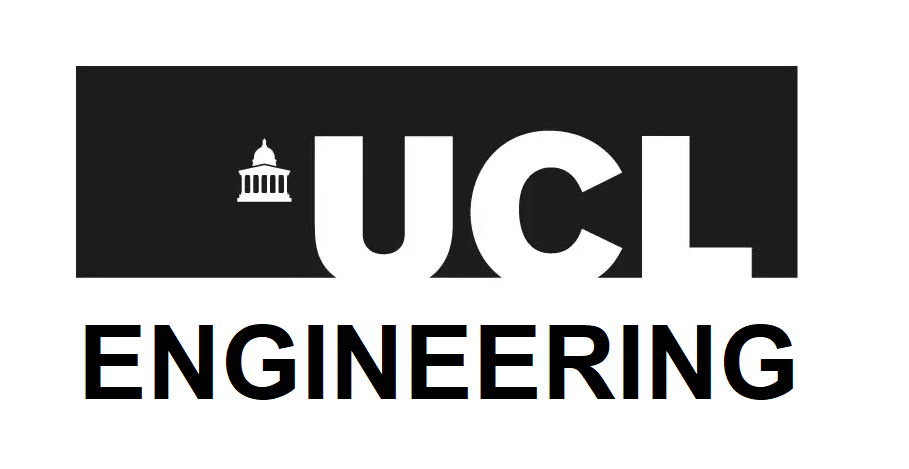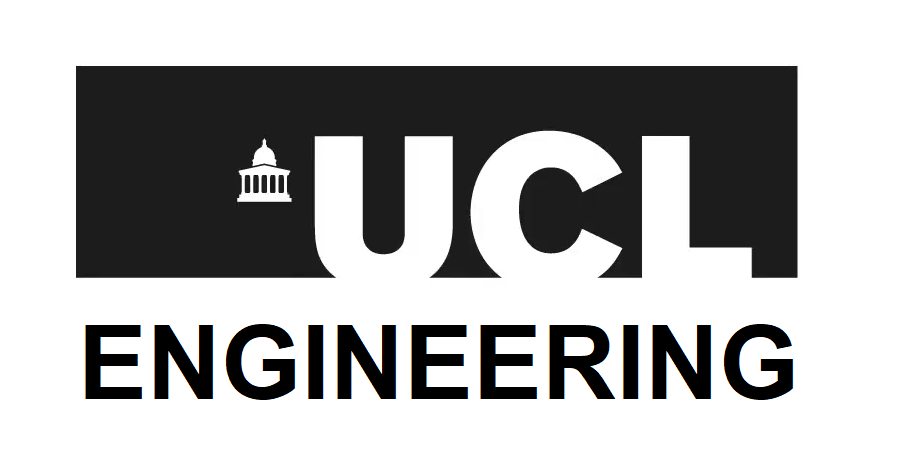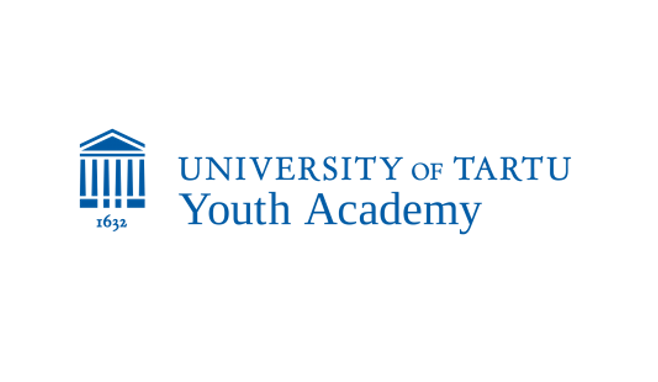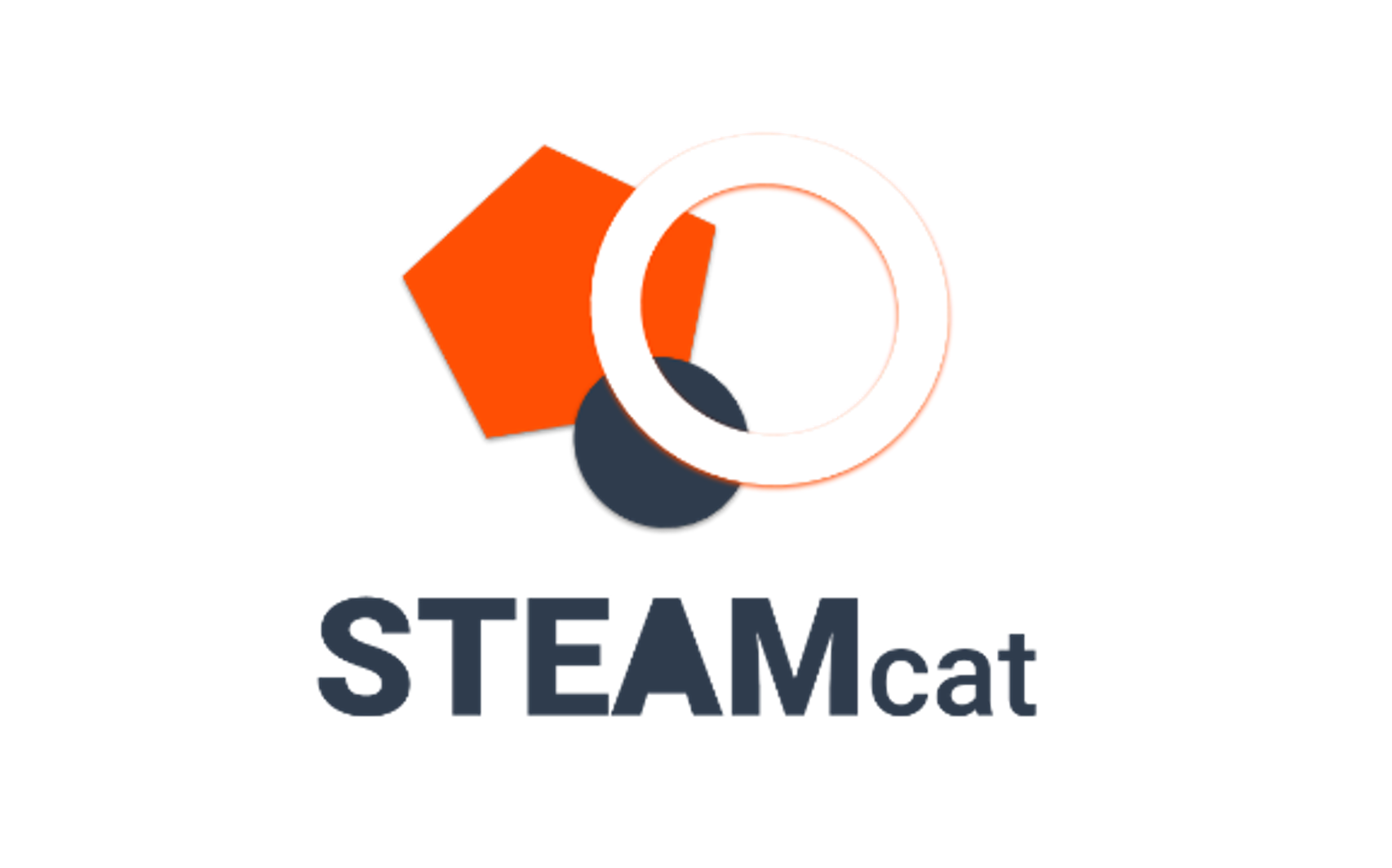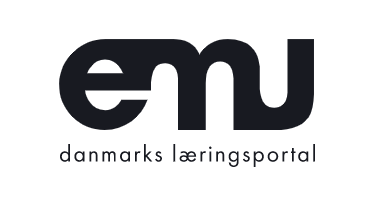The University of Tartu Youth Academy programme (henceforth UTYA) is one of the longest running STEM promotion initiatives in Estiona (launched in 1965). The aim of UTYA is to create opportunities for the development of pupils who have already shown a deeper interest in science. The programme facilitates enriching a pupil´s knowledge beyond the usual school curriculum and also the resources to spend their leisure time meaningfully.
The UTYA organizes courses in three different levels and a range of subjects, including mathematics, physics, chemistry, life sciences, but also in linguistics, philosophy and other non-STEM areas. Some courses are correspondence courses conducted via ordinary mail and some are carried out using e-learning facilities. Pupils can participate either individually or as a group. There are no entrance requirements, although the programme requires pupils to be motivated and able to work independently.
The instructors of the courses are usually University of Tartu professors, researchers or students. Pupils get feedback on their work as well as after graduation from the course. Upon completion, participants receive a certificate from University of Tartu.
To enhance the pupils’ abilities and learning styles, the UTYA offers some testing facilities. Some of the tests can be taken online. In addition, for pupils who are interested in participating in different kinds of contests, the UTYA organizes national Olympiads in maths, physics, chemistry, informatics, biology, geography and other areas. When students perform well at national Olympiads they are given the opportunity to participate in international contests or Olympiads. Estonian teams have been taking part in such contests since 1992 and each year pupils have won several medals.
Through these activities as well as participation in other projects and events, the programme also contributes to popularising science and technology to the wider audience.
The main goal of the programme is to create opportunities for the development of pupils who have already shown a deeper interest in science. The programme does so by:
- offering optional science courses to pupils, mostly available online for students in grade 7 – 12
- providing financial grants to gifted students to promote studying in Estonia (instead of going abroad) through the ‘Talents to Targu’ sub-programme (since 2020)
- offering teaching resources to teachers that help organize individualized learning in classes and are useful for additional extracurricular activities
- offering teacher-training sessions to schools focused on gifted children's education and psychology.
The objectives of the programme are related to the Estonians' aim to build on a science-based economy and smart specialisation. In order to do that, there is a need to offer gifted pupil opportunities to develop themselves and have good opportunities in the country so that there would not be a need for gifted children to leave for the better opportunities.
